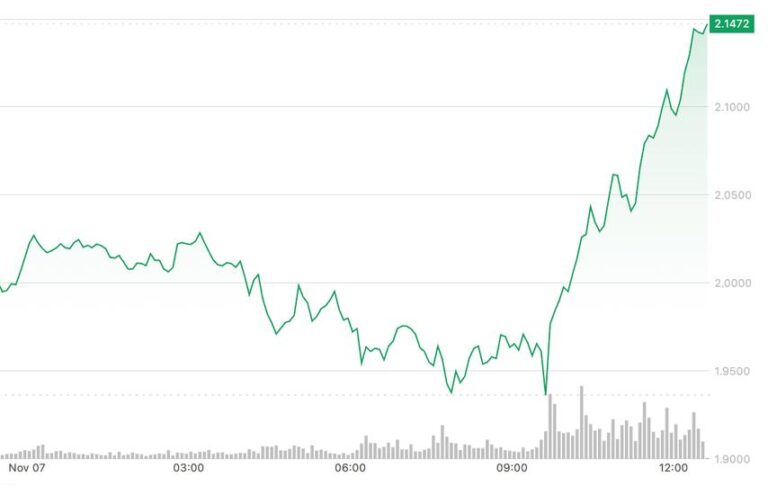Introduction to Oracles
Oracles play a crucial role in the blockchain ecosystem by bridging the gap between on-chain smart contracts and off-chain data sources. They provide external data to decentralized applications (dApps), enabling functionalities that require real-world information, such as price feeds, weather reports, and sports scores. Among various oracle solutions, Chainlink (LINK) has emerged as a leader, offering unique features that differentiate it from traditional oracle systems.
Understanding Traditional Oracles
Traditional oracles typically operate as centralized systems, where a single entity or a small group of entities sources data from external sources and feeds it to the blockchain. This centralization poses various risks, including data manipulation, single points of failure, and lack of transparency. While these oracles can be efficient for certain applications, their inherent limitations make them less suitable for decentralized environments that prioritize trustlessness and security.
Chainlink: A Decentralized Oracle Network
Chainlink, on the other hand, utilizes a decentralized approach to oracle services. Instead of relying on a single source for data, Chainlink aggregates information from multiple independent oracles, which helps mitigate the risks associated with centralization. Each oracle node retrieves data from various off-chain sources, and the consensus mechanism ensures that only accurate and reliable data is fed to the blockchain. This decentralization enhances security and trust, making Chainlink a preferred choice for many developers.
Data Quality and Reliability
The reliability of the data provided by oracles is paramount for dApps, especially in finance-related applications where even slight inaccuracies can lead to significant financial losses. Traditional oracles may face challenges in data accuracy due to their centralized nature. A single point of failure can compromise the entire oracle service, leading to incorrect data transmission.
Chainlink addresses this issue through its decentralized network of nodes. By collating data from multiple independent sources and employing a consensus mechanism, Chainlink ensures higher data accuracy and reliability. This multi-source approach not only enhances the quality of the data but also builds trust among users and developers.
Cost and Incentives
Cost is an important consideration when choosing an oracle solution. Traditional oracles often charge fixed fees for their services, which can become expensive, especially for high-frequency data requests. Additionally, the centralized nature of these oracles may lead to monopolistic pricing practices.
In contrast, Chainlink operates on a decentralized model where multiple nodes compete to provide data, creating a more dynamic pricing structure. This competition can lead to lower costs for users, as they can choose from a variety of service providers based on price and reliability. Chainlink also incentivizes node operators with LINK tokens, ensuring a sustainable ecosystem that rewards data providers for their contributions.
Use Cases and Adoption
While traditional oracles may find applications in specific use cases, their limitations restrict broader adoption in the decentralized finance (DeFi) and blockchain space. Chainlink, however, has seen widespread adoption due to its versatile use cases. It has been integrated into numerous DeFi protocols, insurance platforms, and gaming applications, among others.
The ability of Chainlink to provide real-time data feeds and various data types makes it a valuable asset for developers. Its partnerships with leading blockchain projects and enterprises further solidify its position as a go-to solution for decentralized applications requiring reliable off-chain data.
Conclusion
In the evolving world of blockchain technology, the choice of oracle solution plays a significant role in the success of decentralized applications. While traditional oracles may serve certain niches, their centralized nature poses risks that can undermine the core principles of decentralization. Chainlink, with its decentralized model, competitive pricing, and robust data reliability, stands out as a superior option for developers seeking to build secure and trustworthy dApps. As the demand for reliable data continues to grow, Chainlink’s innovative approach is likely to shape the future of oracles in the blockchain space.

